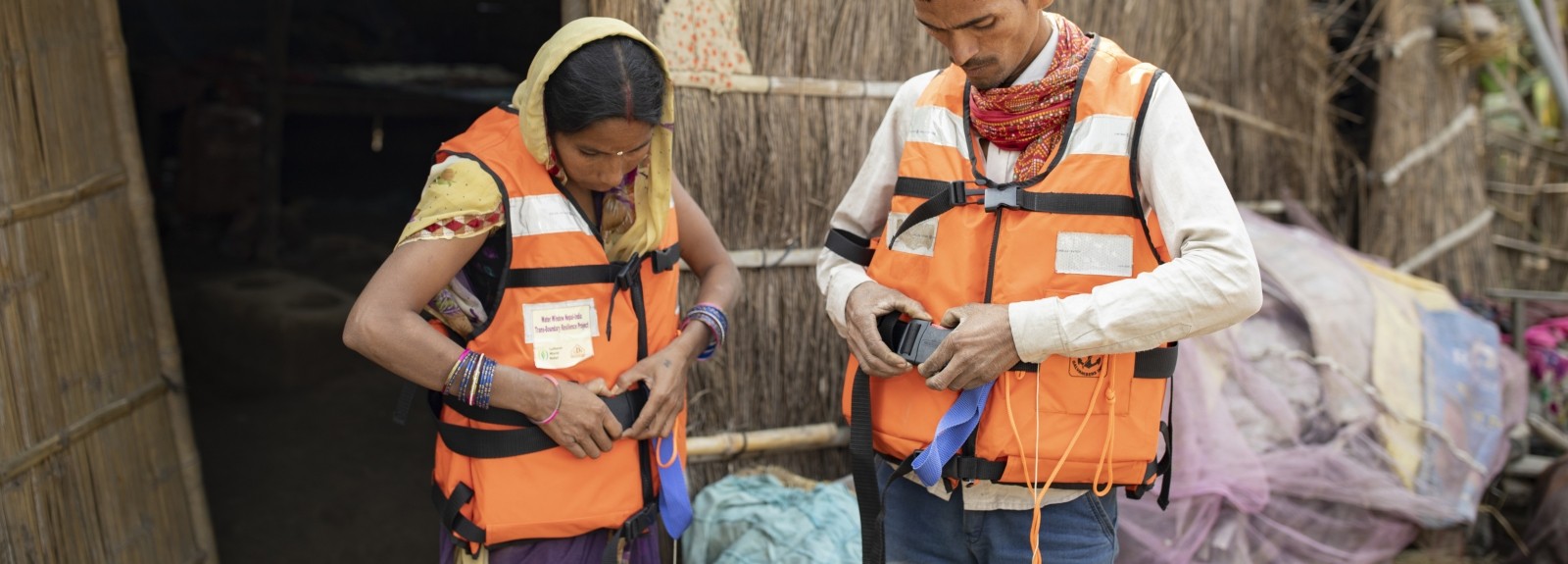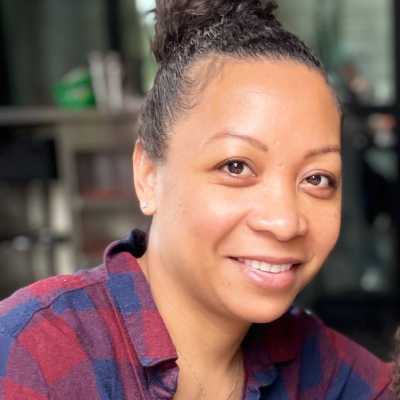Climate change has increased the frequency and severity of extreme weather events such as droughts, storms and floods, severely impacting livelihoods, health and human security. Disaster risk reduction (DRR), a systematic approach that prevents or mitigates the damage of disasters by preparing communities against the adverse impacts of hazards, is not gender neutral. Women, men, girls and boys experience differentiated risks and impacts that are reinforced by existing gender inequities.
Women and girls experience more material and intangible losses during disasters. Girls are made to sacrifice school to take care of the household or, far worse, they are married off in exchange for financial support. Gender-based violence (GBV) increases during crises as social protection networks dissipate, stress is exacerbated by economic loss and shelters are overwhelmed.
Studies also show that women, boys and girls are fourteen times more likely than men to die during a disaster. These statistics are global. During the crisis caused by hurricane Katrina in the United States, most of the victims trapped in New Orleans were African American women and their children, the poorest demographic group in that part of the country.
Lutheran World Relief and our Corus International family of organizations is committed to addressing crises through a gender equality and social inclusion (GESI) lens, engaging women as change agents and investing in their leadership before, during and after disasters.
To elevate women’s voices and leadership in DRR programming, Lutheran World Relief developed the IDEAL approach: intersectionality, delivery, equity, access and leadership.
Nisha Devi speaks at a meeting of her local Community Disaster Management Committee, established through Lutheran World Relief’s Congregational Transboundary Resilience project in Bihar, India. (Jake Lyell for LWR)
Intersectionality
Intersectional identities that include age, income, race, religion, class, sexuality, and disability status compound discrimination and levels of vulnerability. These identities influence access to resources, engagement with communities and overall quality of life, and can be better understood through participatory gender analyses conducted with local partners and participants.
By taking an intersectional approach, findings from the gender assessment for Lutheran World Relief’s Congregational Transboundary Flood Resilience project in Nepal and India found that pregnant women, young girls and boys, and elderly women and men have mobility constraints that makes them more vulnerable to flooding. It was also found that women from lower castes and poor tribal groups were restricted from entering shelters and sharing shelter with those from higher social status. These findings ensured these groups equitably benefited from project support.
Delivery
We deliver programming and services that are contextually appropriate and that reflect the needs, advocacy and agency of local women and girls. Working with grassroots women’s organizations and other local entities enables a nuanced understanding of needs and opportunities that reduces the impact of disasters.
In the Recovery of Covid-19 Affected Communities In Western Nepal (RECOVER) project in Western Nepal, Lutheran World Relief works with the Dalit Feminist Upliftment Organization (DAFUO), Backward Society Education (BASE), and National Environment & Equity Development Society (NEEDS) to strengthen health resilience of vulnerable communities, especially amongst Dalit women, to recover from the impact of COVID 19 and restore affected livelihoods. Partnering with community members, leaders and local organizations has advanced locally led approaches and solutions.
Equity
Equitable decision-making within various social systems at the household, organization and enterprise level is foundational to elevating women’s voices. Studies have shown the multiplier effect of women’s empowerment, benefiting families and communities, when they exercise sole or shared decisions on household spending.
Lutheran World Relief’s SOS for Disaster Preparedness and Mitigation (SOS) project incorporates our Gender in Agriculture from Policy to Practice (GAPP) Toolkit in trainings with Community Commissions for Civil Protection (CCPCs) in El Salvador. Incorporating this gender lens into DRR trainings not only advances understanding of unpaid care on household and community resilience, but it explores self-esteem and negotiation strategies to better advocate for needs and resources both inside and outside of the home.
Elena Lisbeth Coreas Mejía, CCPC member and young leader of the El Tempisque community, says,
We see that people collaborate more and it encourages us to help and be united with everyone… Sometimes there are other people who don't want to [work], so we say, ‘As women, let's do it ourselves.’
Access
Access to financial services like savings, credit facilities and insurance services is not only critical for absorbing losses caused by a disaster, but also for recovering standards of living. It is crucial to consider financial resilience that identifies and addresses women's needs in disaster preparedness, response and recovery.
Lutheran World Relief’s Strengthening Local Governance for Disaster-Resilient Communities (SAKSHAM) project in Nepal expands access to financial services for women. The project also works with women’s groups to increase access to savings, insurance, emergency funds, and grain and seed banks.
Tithari Devi, a 40-year-old woman who joined her local Community Disaster Management Committee through the SAKSHAM project, says,
This type of training was new to me. It allowed me to learn how to be safe and protect my family and my community from disaster.
Leadership
Leadership and representation in decision-making bodies are critical for women and girls. They are best positioned to present their needs and advocate for issues that are most critical to their ability to rebuild after a disaster.
Through the SOS project’s efforts in El Salvador, 56 percent of the CCPCs are made up of women. Furthermore, the project has developed youth networks, 67 percent of which are women, across the Morazán and Usulután departments to harness the untapped potential of women and girls engaged in disaster preparedness and mitigation. They’ve taken lead in developing evacuation plans, reforestation plans, and natural barrier construction for flood prevention.
María Elí Argueta joined a Community Commission for Civil Protection (CCPC) through the SOS project in El Salvador. She stands in front of a mock temporary shelter during an emergency simulation in her community of Casa Blanca.
We must remember that women and girls are not a monolithic group. Across the international development sector, it’s time to move beyond the notion of women and girls as passive “beneficiaries” and value their role as leaders and partners, co-creating solutions that impact their lived realities.
---
Roselle Agner is Lutheran World Relief's Senior Technical Advisor for Gender.




